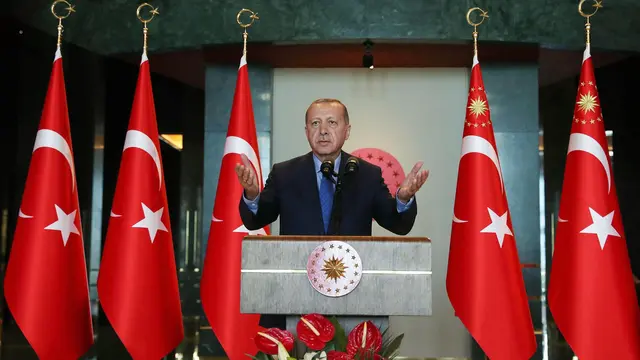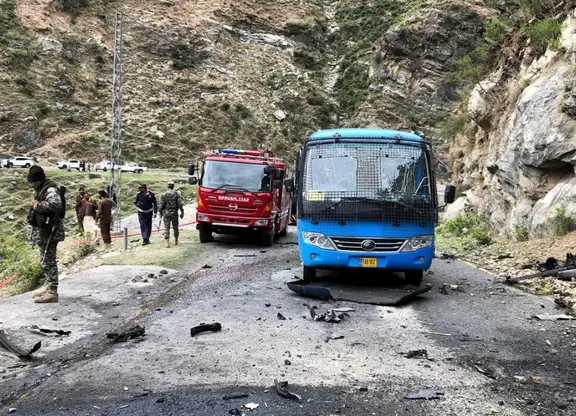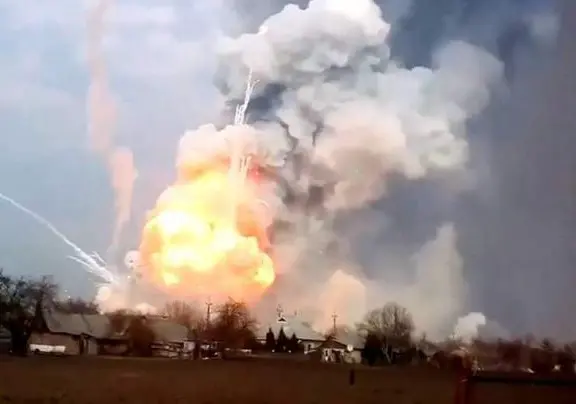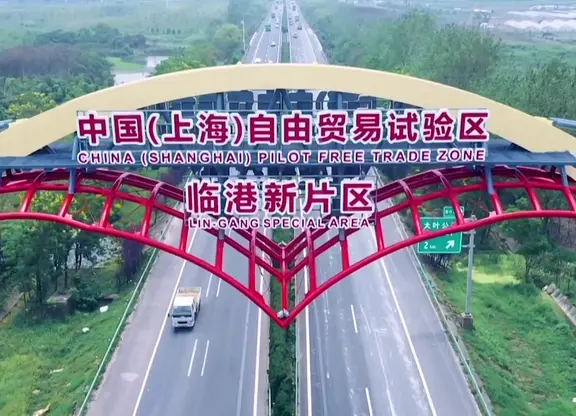British Home Secretary Amber Rudd on Saturday said that the government will suggest new security treaty to keep level of counterterrorism cooperation with the European Union (EU) after Britain leaves the 28-member bloc.
Rudd, who did not give further information on the proposed treaty, made the statement one day after an explosion took place Friday morning on a packed rush-hour carriage at Parsons Green subway station in west London.
An 18-year-old man was arrested earlier Saturday in the departure area of the port of Dover in connection with attack on the London tube bombing, which left at least 29 people injured.
The arrest is "very significant" and the terror threat level remains "critical", Metropolitan Police Deputy Assistant Commissioner Neil Basu said.
British authorities raised the country's terror threat level from "severe" to "critical", the highest possible, meaning they think another attack may be imminent
The Islamic State claimed responsibility for the fifth terrorist attack in the United Kingdom this year.
The Friday blast was caused by an improvised explosive device, which failed to properly detonate, police said.
London transport authorities said Saturday that they have re-opened Parsons Green subway station.
Previous attacks in Britain this year at Westminster Bridge, London Bridge and Finsbury Park as well as a blast at an Ariana Grande concert in Manchester killed dozens of people and injured more than 150 others.
In late August, senior European Union officials warned that Britain needs to urgently clarify its position on security issues, or risk missing out on vital new counter-terrorism tools.
The commission has been revamping systems to identify who is crossing borders into the EU, and help dismantle cells that are financing jihadist networks, tackle terrorists who use fake identities and upgrade Europol.
Yet the British government's ambiguity on how it intends to fit into Europe's rapidly evolving security architecture has left officials wondering what, if any, cooperation will be possible in the future -- prompting them to raise the possibility that Britain might end up on the outside of Europe's counter terrorism apparatus.
(ASIA PACIFIC DAILY)
 简体中文
简体中文





















